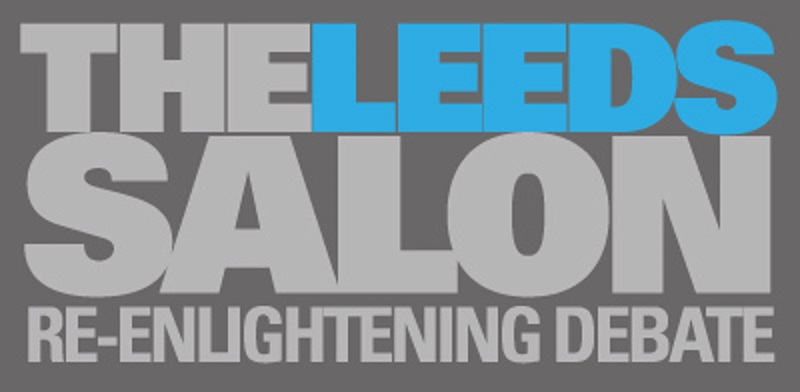Second of two panel debates in May on connected, contemporary issues to mark our 10th anniversary
‘Twenty years ago, the term “neoliberalism” barely registered in English-language debates’, Princeton academic Daniel Rodgers observed recently. ‘Now it is virtually inescapable, applied to everything from architecture, film, feminism to the politics of both Donald Trump and Hillary Clinton’ In fact, it’s often applied so broadly that, for some, it seems to represent little more than a meaningless insult or ‘swearword’.
For example, since the early 1990’s, neoliberalism – often used interchangeably with “globalisation” – has been used to describe developments as diverse as the EU project, the ‘third way’ policies of Tony Blair and Bill Clinton, the causes of the 2008 economic crisis and its social consequences, and to explain, in part, Brexit. Even Harry Potter has been accused of being an ‘apologist for neoliberalism’.
The contemporary usage of the term first emerged in the 1970’s and 80’s to describe what were seen as the ‘market fundamentalist’ and anti-state policies pursued by General Pinochet in Chile and Margaret Thatcher and Ronald Reagan in the UK and US. Though the origins of neoliberal thought came out of a series of conferences in the 1930’s between some of the world’s leading liberal intellectuals in response to economic collapse.
However, in its original usage, rather than extol unregulated capitalism as is understood today, neoliberalism reflected a recognition of the failure of the free market to self-regulate and the need for some over-sight to guide, if necessary, economic policy through forms of national and supra-national governance and regulation.
So, what is meant by neoliberalism today? How has the concept itself changed over time? And does it even define anything specific, or is it just a vague term of abuse?



